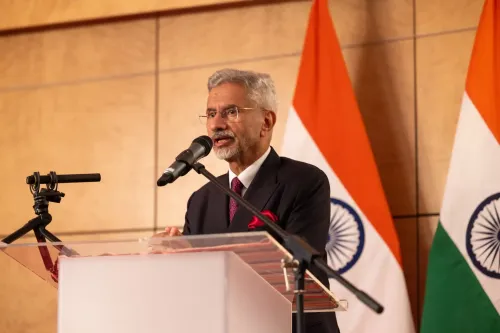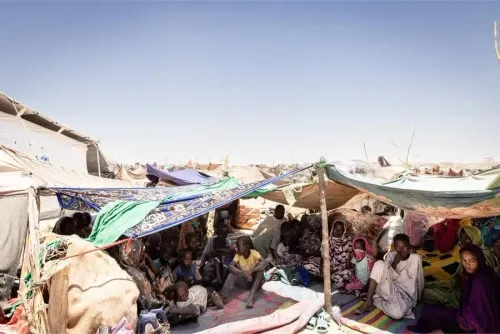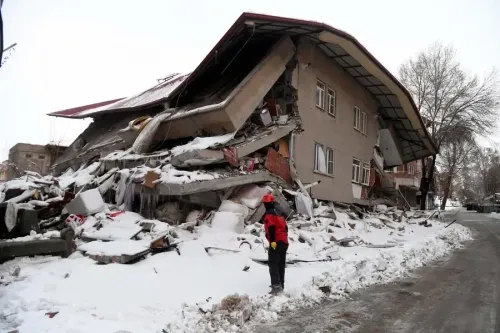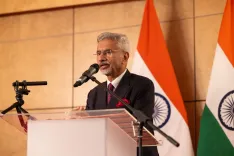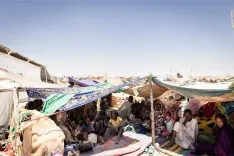How is Mass Deprivation Normalized in Gaza?
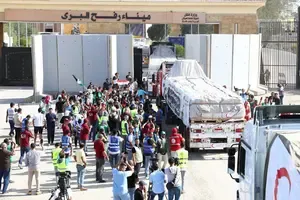
Synopsis
Key Takeaways
- Daily violence is becoming a norm in Gaza.
- Resource shortages are leading to mass deprivation.
- Malnourishment is a growing concern among children and adults.
- Humanitarian aid efforts are significantly hindered.
- Immediate international intervention is crucial.
United Nations, July 19 (NationPress) The relentless barrage of violence, unnecessary fatalities, an escalating fuel crisis, forced relocations, and overwhelming despair are becoming the new norm for the people of Gaza, according to UN humanitarian officials.
The UN Office for the Coordination of Humanitarian Affairs (OCHA) reported that Israeli authorities have issued yet another order for the displacement of residents in parts of northern Gaza. Alarming accounts have surfaced regarding malnourished children and adults in hospitals that are struggling with limited resources, as reported by Xinhua news agency.
OCHA indicated that the energy crisis is worsening despite a slight resumption of fuel imports. The dwindling fuel supply has led to a suspension of solid waste collection in recent days, with numerous water wells being shut down, particularly in Deir al-Balah.
Key health services, including dialysis, have either been reduced or completely halted due to fuel shortages. The limited fuel that is available is being prioritized for health services, water supply, telecommunications, and vehicle operations, the report stated.
Humanitarian operations within Gaza remain severely limited, with only seven out of 13 attempts to coordinate the movement of aid workers and supplies with Israeli authorities being successful. This has allowed humanitarian teams to access fuel, collect water, relocate generators, distribute hygiene and sanitation supplies, and transfer critical medical items, according to OCHA.


